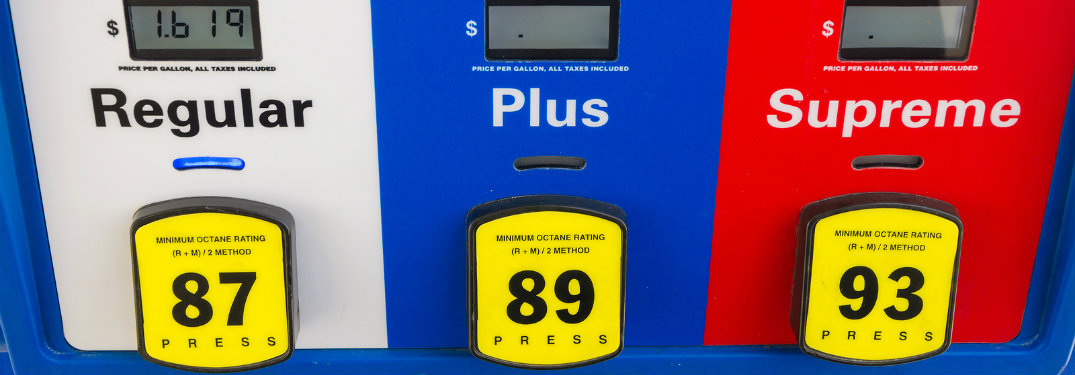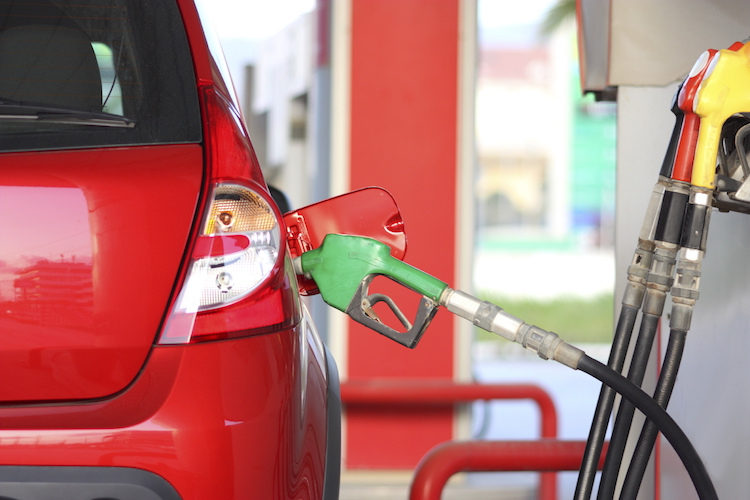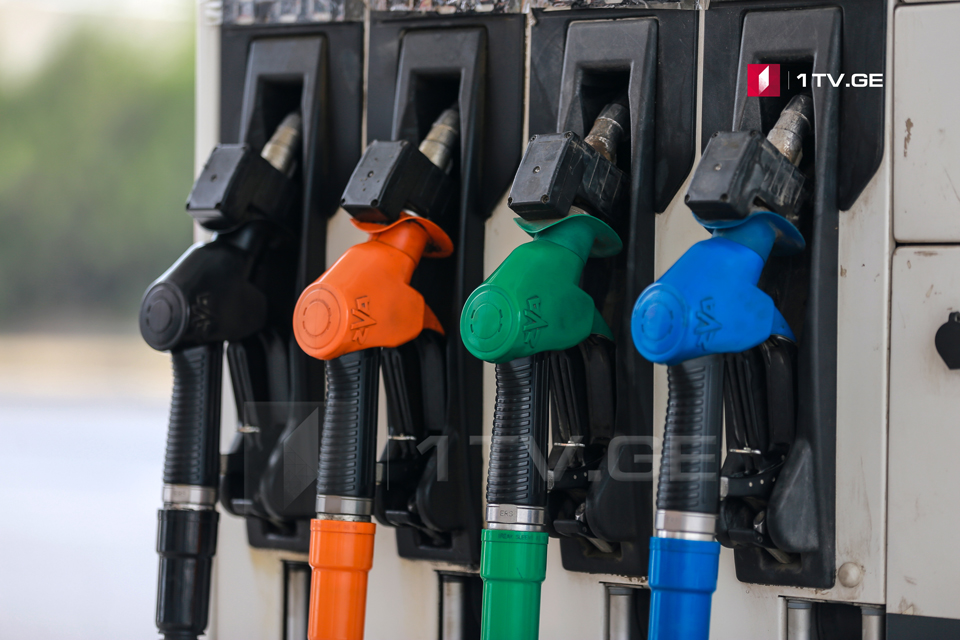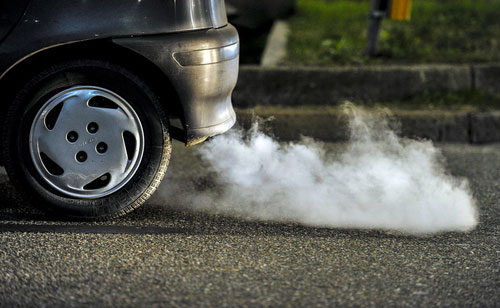Regular vs Premium Petrol: Is 95 and 98 That Different?
Adia Tay

Image Credit: Capistrano
98 petrol costs significantly more than good ol’ regular 95, which is why many motorists in Malaysia believe that it’s because premium petrol is simply better. But is there really a noticeable difference? In this article, we’ll put your doubts to bed once and for all by breaking down the differences between premium and regular petrol. Ready? Here we go:
1. Knocking (Not on heaven’s door)

Image Credit: Metromile
Knock knock. Who’s there? A hard fact:
Most petrol kiosks in Malaysia offer 95 and 98 petrol. What exactly do these numbers stand for? These are Octane Ratings, and the higher the rating, the higher the petrol’s ability to resist combusting when improperly ignited. This, dear friends, is called ‘knocking’.
This pre-ignition is called ‘knocking’ because if it occurs, usually when you accelerate, your engine produces a sound that is just like that. And why exactly does knocking matter? Simply put, knocking causes vehicle deterioration, increases your fuel consumption, and damages your engine.
2. What causes this darn knocking?

Image Credit: The US Sun
Knocking usually occurs if motorists use lower quality petrol than what their car’s engine is designed for. Of course, other reasons such as using an inappropriate spark plug can also cause buildup on your cylinder walls, and this causes knocking as well.
3. Is knocking dangerous, and can 98 petrol prevent it?

Image Credit: 1Tv
Now, knocking is not a problem if it only happens once or twice. However, if it happens repeatedly, your engine is in danger of suffering from some serious damage, and so is your wallet. So when it comes to engine protection, 98 petrol is indeed a better choice than 95.
95 petrol works well for most cars, unless your car engine is too powerful: A high-performance car is built for speed. To achieve that, the engine uses very high temperatures and pressures, and premium petrol can withstand that without knocking, whereas 95 petrol might not as it will ignite too quickly under all that pressure.
While most cars run on 95 petrol, you should make sure to double-check and abide by your car’s Octane Rating religiously. Consistently pumping 95 petrol into a powerful engine is going to prove disastrous. Your car will also be consistently losing power, acceleration and fuel economy.
If you’re unsure about what your car’s rating is, check your car owner’s manual. And if you love being on the safe side, 98 petrol will cost significantly more but will offer you peace of mind when it comes to protecting your engine.
4. Does 98 petrol give my car better performance?

Image Credit: SG Observer
It might be easy to assume that since 98 petrol protects your engine better that it will also increase your vehicle’s performance and mileage. This is reasonable to assume, but simply untrue: Power and performance come from the engine, and not the petrol that you use.
Now, it is true that 98 petrol wastes less in combustion, so while this in a way gives you more mileage, the difference is negligible, plus there are too many other factors that are dependent on each motorist’s driving habits to really tell.
5. Is 98 petrol better for the environment?

Image Credit: YouMatter
Many drivers who use 98 petrol think they’re aiding the environment by doing so. Unfortunately, 98 petrol is only more efficient if the engine in question is high-performance. If you’re keen on being as environmentally friendly as possible with your car, you should use your manufacturer’s recommended petrol – this will prove to be most efficient for your engine.
So… Should I use regular or premium petrol?

Image Credit: NRSA
The answer is simple: Use the right petrol for your car.
98 does have a slight edge over 95, but in our opinion, it is not enough to justify the higher cost, since most of the benefits of 98 petrol have more to do with the engine instead of what you feed it.
If you would like to use higher-grade petrol for your normal-performance car, then you’d believe the extra cost is worth it. That said, if you have a high-performance engine, trying to save money by using regular petrol might cost you more in the long run with pricey engine repairs and such.
Moral of the story? Always stick to your manufacturer’s recommended octane ratings!